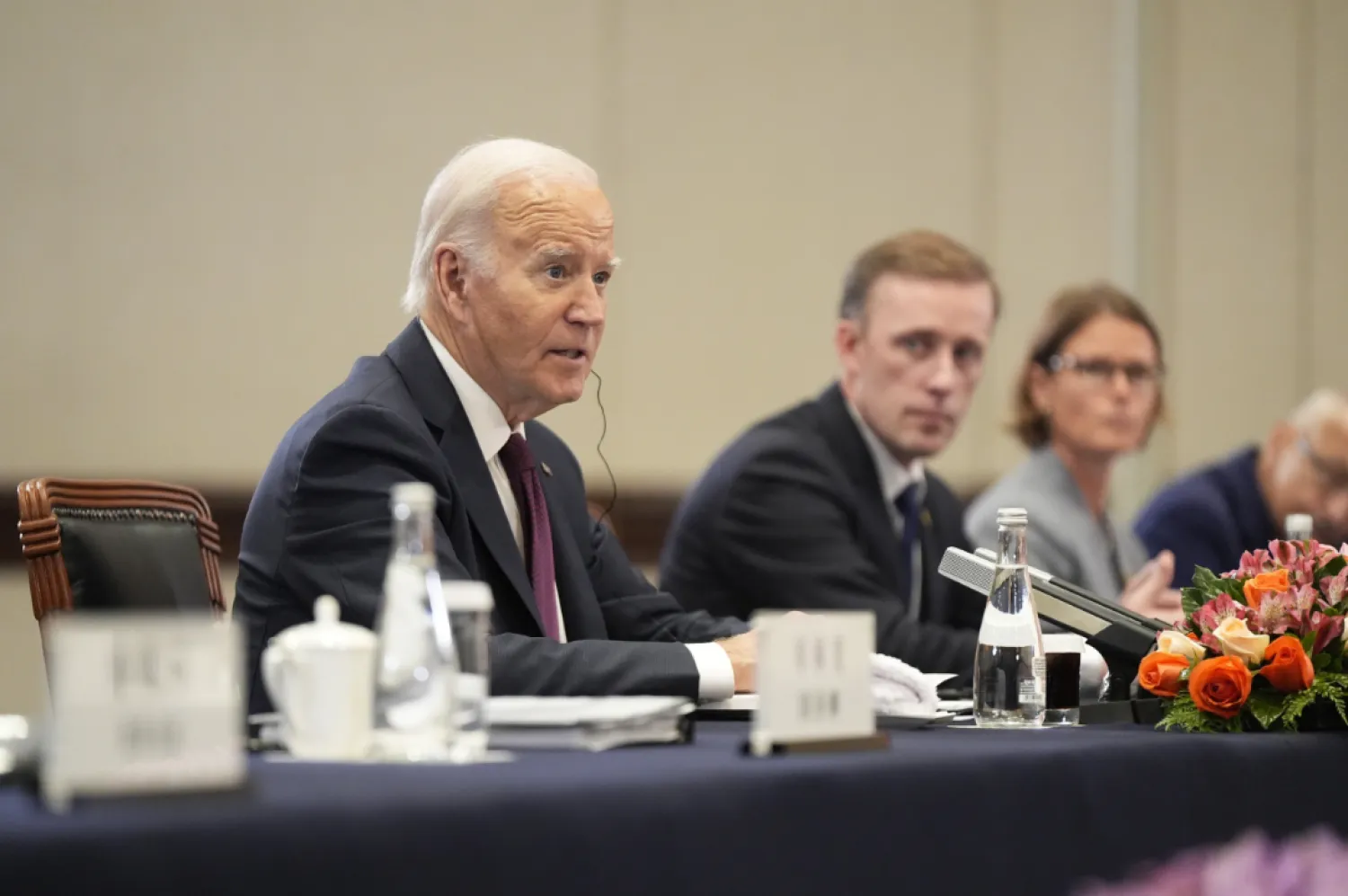Joe Biden will become the first sitting American president to set foot in the Amazon rainforest during a brief stop Sunday in the Brazilian city of Manaus as the incoming Trump administration seems poised to scale back the US commitment to combating climate change.
The massive Amazon, which is about the size of Australia, stores huge amounts of the world’s carbon dioxide, a greenhouse gas driving climate change, even as the world’s largest tropical rainforest is rapidly deforested.
Biden is expected to take an aerial tour over part of the Amazon, meet local and indigenous leaders and visit an Amazonian museum as he looks to highlight his commitment to the preservation of the region, The AP reported.
The Biden administration announced plans last year for a $500 million contribution to the Amazon Fund, the most significant international cooperation effort to preserve the rainforest, primarily financed by Norway.
So far, the US government said it has provided $50 million, and the White House announced Sunday an additional $50 million contribution to the fund.
“It’s significant for a sitting president to visit the Amazon. ... This shows a personal commitment from the president,” said Suely Araújo, former head of the Brazilian environmental protection agency and public policy coordinator with the nonprofit Climate Observatory. “That said, we can’t expect concrete results from this visit."
She doubts that a “single penny” will go to the Amazon Fund once Donald Trump is back in the White House.
His administration is highly unlikely to prioritize the Amazon or anything related to climate change. The Republican president-elect already said he would again pull out of the Paris agreement, a global pact forged to avert the threat of catastrophic climate change, after Biden recommitted to the agreement.
Trump has cast climate change as a “hoax” and said he will eliminate energy efficiency regulations by the Biden administration.
Still, the Biden White House on Sunday announced a series of new efforts aimed at bolstering the Amazon and stemming the impact of climate change.
Among the actions is the launch of a finance coalition that looks to spur at least $10 billion in public and private investment for land restoration and bioeconomy-related projects by 2030, and a $37.5 million loan to the organization Mombak Gestora de Recursos Ltda. to support the large-scale planting of native tree species on degraded grasslands in Brazil.
Biden is also set to sign a US proclamation designating Nov. 17 as International Conservation Day, and will highlight in remarks during the visit that the US is on track to reach a $11 billion in spending on international climate financing in 2024, a six-fold increase from when he started his term.
The Amazon is home to Indigenous communities and 10% of Earth’s biodiversity. It also regulates moisture across South America. About two-thirds of the Amazon lies within Brazil, and scientists say its devastation poses a catastrophic threat to the planet.
The forest has been suffering two years of historic drought that have dried up waterways, isolated thousands of riverine communities and hindered riverine dwellers’ ability to fish. It's also made way for wildfires that have burned an area larger than Switzerland and choked cities near and far with smoke.
When Brazilian President Luiz Inácio Lula da Silva took office last year, he signaled a shift in environmental policy from his predecessor, far-right Jair Bolsonaro. Bolsonaro prioritized agribusiness expansion over forest protection and weakened environmental agencies, prompting deforestation to surge to a 15-year-high.
Lula has pledged “zero deforestation” by 2030, though his term runs through the end of 2026. Forest loss in Brazil’s Amazon dropped by 30.6% in the 12 months through July from a year earlier, bringing deforestation to its lowest level in nine years, according to official data released last week.
In that 12-month span, the Amazon lost 6,288 square kilometers (2,428 square miles), roughly the size of the US state of Delaware. But that data fails to capture the surge of destruction this year, which will only be included in next year’s reading.
Despite the success in curbing Amazon deforestation, Lula’s government has been criticized by environmentalists for backing projects that could harm the region, such as paving a highway that cuts from an old-growth area and could encourage logging, oil drilling near the mouth of the Amazon River and building a railway to transport soy to Amazonian ports.
Biden is making the Amazon visit as part of a six-day trip to South America, the first to the continent of his presidency.
On Sunday morning, he was wrapping a visit to Lima, Peru, where he took part in the annual Asia-Pacific Economic Cooperation summit and met with Chinese President Xi Jinping.
After his brief stop in Manaus, he was heading to Rio de Janeiro for this year's Group of 20 leaders summit.









